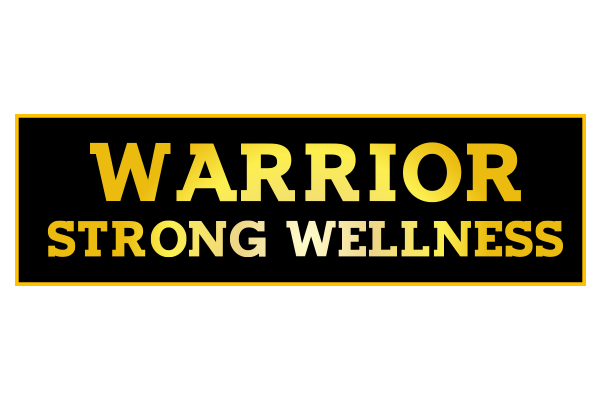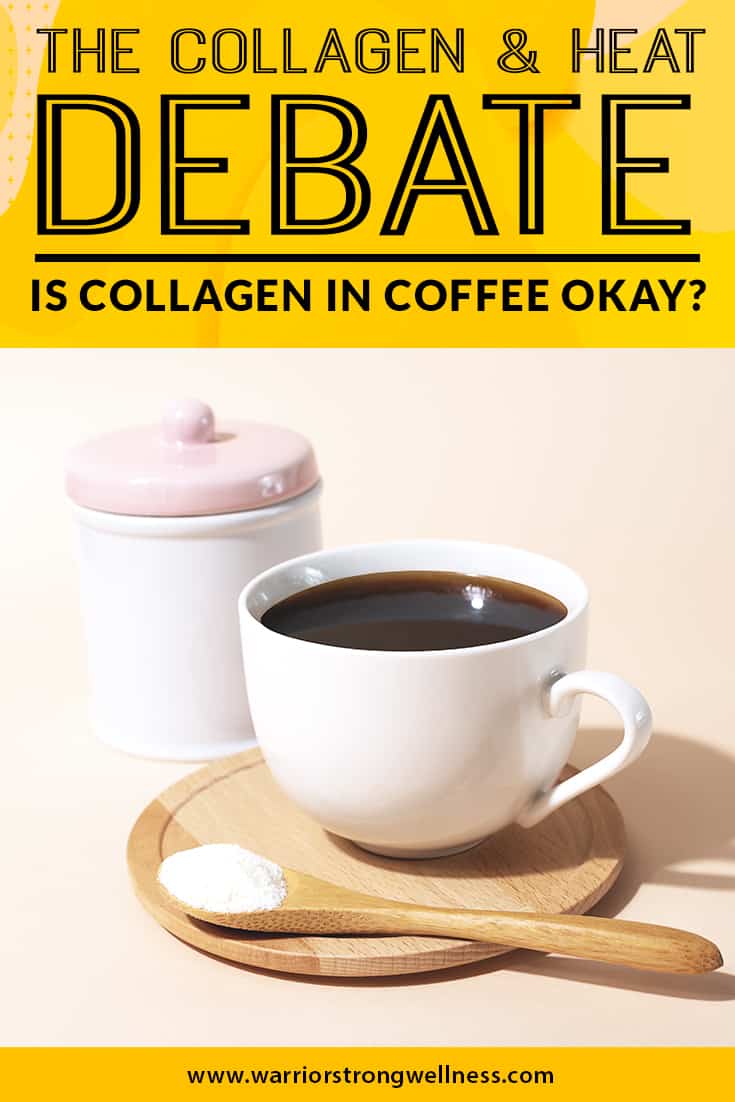There is a new debate in the world of nutritional supplements: should collagen and heat ever mix? You need to know the answer because you don’t want to spend money on supplements and fail to receive the benefits. On the other hand, if you can enjoy collagen in coffee without worrying about it, that would be nice to know too.
With that in mind, let’s take a look at some of the real science behind collagen and heat. If you want to read some really technical articles that back up what is said here, we’ll provide links in the text to published research (the full studies, not just the abstract).
“Will Collagen and Heat Destroy My Supplement?”
First, we have to address the question at the forefront of this debate, and that means looking at research centered around collagen and heat. According to a study published in Biophysical Journal, the short answer is no. Or at least, the amount of heat you are going to need to destroy collagen isn’t going to happen in your kitchen (hopefully – if it does, you’ve got a bigger problem than whether your collagen supplement has been damaged).
The article entitled “Thermal Denaturation Studies of Collagen by Microthermal Analysis and Atomic Force Microscopy” reveals that collagen samples did not begin to degrade until 572 degrees Fahrenheit (which is 300 degrees Celsius – the measurement used in the study). As a point of comparison, most home ovens won’t even reach that temperature (you would need a pizza oven for those temps).
Collagen Peptides and Denaturation
One concern that people have regarding collagen and heat is that long before the proteins degrade, they become denatured. That sounds just as bad, doesn’t it? Only if you don’t intend to digest and absorb the amino acids in the collagen supplement. Basically, the denaturing process is what your body has to do to the supplement anyway. Between your stomach acid, enzymes, and the temperature inside your body, your digestive tract works to turn collagen proteins into useable material for your skin, joints, etc.
The fact is that the natural form of collagen is pretty unusable to the body. Imagine chewing on eggshells, fish scales, or animal hides (please don’t actually do any of these things). How much do you think your body would absorb? Not much. That’s why the best collagen protein supplements break collagen down into peptides or hydrolyzed collagen.
You want your collagen supplement to be bioavailable. In other words, it should already be broken down (denaturized) to the point where it is easy for the supplement to enter the bloodstream and provide results. When you use a hydrolyzed collagen peptides supplement, those peptides can be at work in your body within hours. So while you may enjoy gnawing on some bone marrow in a fancy restaurant, your daily supplements should work a little faster.
Do All Collagen Types Respond to Heat the Same Way?
In the past, we have discussed the different types of collagen and important sources of each type. These collagen types each have a different makeup. Some collagen peptides contain more amino acids than others. The increased amount of amino acids leads to greater stability of the protein, especially when temperatures rise. In the end, the most heat tolerant collagen types are I and III, with type I being the most stable of all. The best sources of these collagen types are bovine and fish collagen products.
Putting Collagen in Coffee: Does It Really Ruin Your Supplement?
At 100 degrees Celsius (212 degrees Fahrenheit), water begins to boil and turns into a vapor. That means a hot liquid can’t even begin to approach the 300 C (572 F) necessary to destroy the most stable collagen proteins. And remember that if your supplement says hydrolyzed collagen or collagen peptides that it is already denatured to make it more bioavailable, so you don’t have to consider whether the collagen and heat will denature your supplement.
So the short answer is that if you buy the right supplement, putting collagen in coffee, tea, broth, or other hot beverages is totally fine. Collagen and heat are not enemies. At least, not at the temperatures you are going to be using in your home kitchen. You can even bake with collagen (as long as you aren’t making pizza and tossing it in a pizza oven at full blast).
The Best Hydrolyzed Collagen Peptides for Your Daily Supplement
Whether you are going to be putting your supplement in a glass of water, a cup of coffee, or your pancake batter, you want to use the best hydrolyzed collagen peptides to ensure bioavailability and heat resistance. Here are two fantastic supplements that we are proud to offer at Warrior Strong Wellness:
- Pure Hydrolyzed Multi-Collagen Protein Powder – From healthy skin, hair, and nails to joint health and immune system benefits, this supplement gives you all of the types of collagen that you need from the best sources.
- Collagen Peptides & Bone Broth – Focused on collagen types I, II, and III and grass-fed, bovine-derived, this superfood protein is stable and ready to digest. And don’t forget the Warrior Strong Professional Frother so you can mix your collagen supplement into coffee and other beverages. You can even use it on your milk and turn your breakfast beverage into a latte.
In conclusion, collagen and heat do play nice, as long as you use the right supplements. So go ahead and have your morning collagen in coffee, and enjoy the benefits of this vital supplement.



